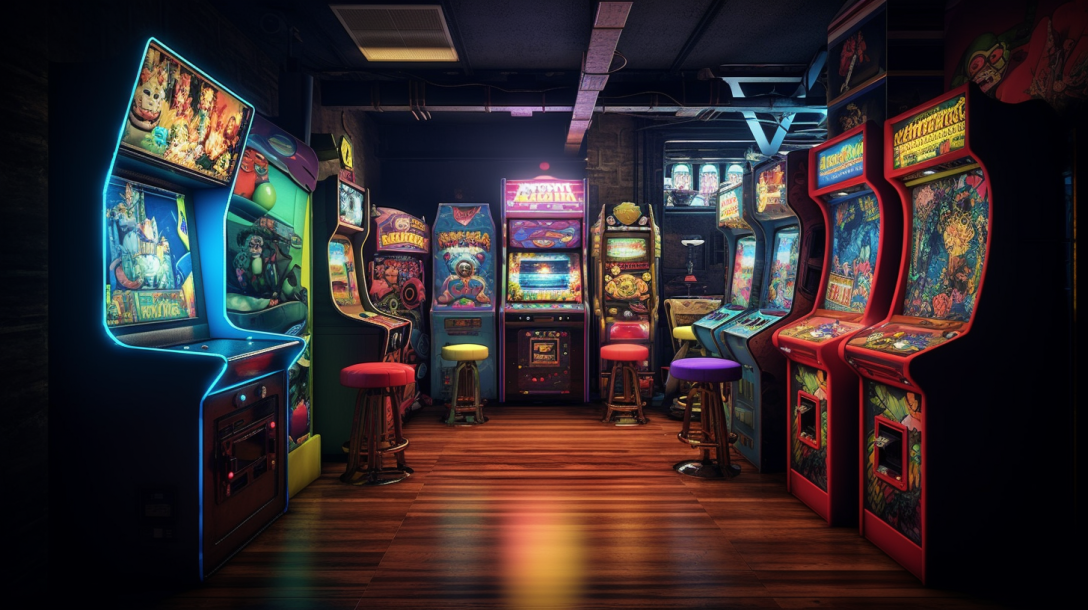Preserving Video Game History: A Call to Action

Introduction
Video games have become an integral part of our culture, shaping our entertainment, storytelling, and even our social interactions. However, unlike other forms of media, video games face unique challenges in preservation. This post explores these challenges and emphasizes the importance of preserving video game history.
The Transgenerational Impact of Iconic Games
Iconic games like ‘Pac-Man’, ‘Super Mario Bros.’, and ‘The Legend of Zelda’ have transcended generations, influencing gamers and game developers alike. These games have not only provided entertainment but also shaped the gaming landscape. However, these games risk disappearing as the hardware required to run them becomes obsolete. The loss of these games would be a significant cultural loss.
The Modern Trend of Always-Online Games
The rise of always-online games, such as ‘Fortnite’ and ‘World of Warcraft’, has brought a new dimension to gaming. These games offer dynamic, evolving worlds, but they also come with an expiration date. At any time, the publisher can shut down the servers, causing the game to disappear forever. This impermanence is a stark contrast to traditional media, which can be preserved and accessed indefinitely.
The Issue of Abandoned Games
Abandoned games, or ‘abandonware’, are games that are no longer supported or distributed by their publishers. These games often have untapped potential and could provide valuable insights into the evolution of gaming. However, legal and technical challenges often prevent these games from being preserved or revived.
The Role of Open Source in Game Preservation
Open source could be the key to preserving video game history. By making the source code of a game publicly available, it allows the community to maintain, modify, and preserve the game. There have been successful examples of this, such as ‘Doom’ and ‘Dwarf Fortress’. However, open-sourcing a game comes with its own set of challenges, including legal issues and the potential for misuse.
Call to Action
Preserving video game history is a task that requires the effort of the entire gaming community. You can contribute by supporting open-source projects, advocating for legal reforms, or donating to preservation societies. Every effort counts towards ensuring that future generations can experience the games that have shaped our culture.
Conclusion
Video games are more than just entertainment; they are a part of our cultural heritage. It’s crucial that we take steps to preserve this heritage, ensuring that future generations can appreciate the evolution of this dynamic medium.